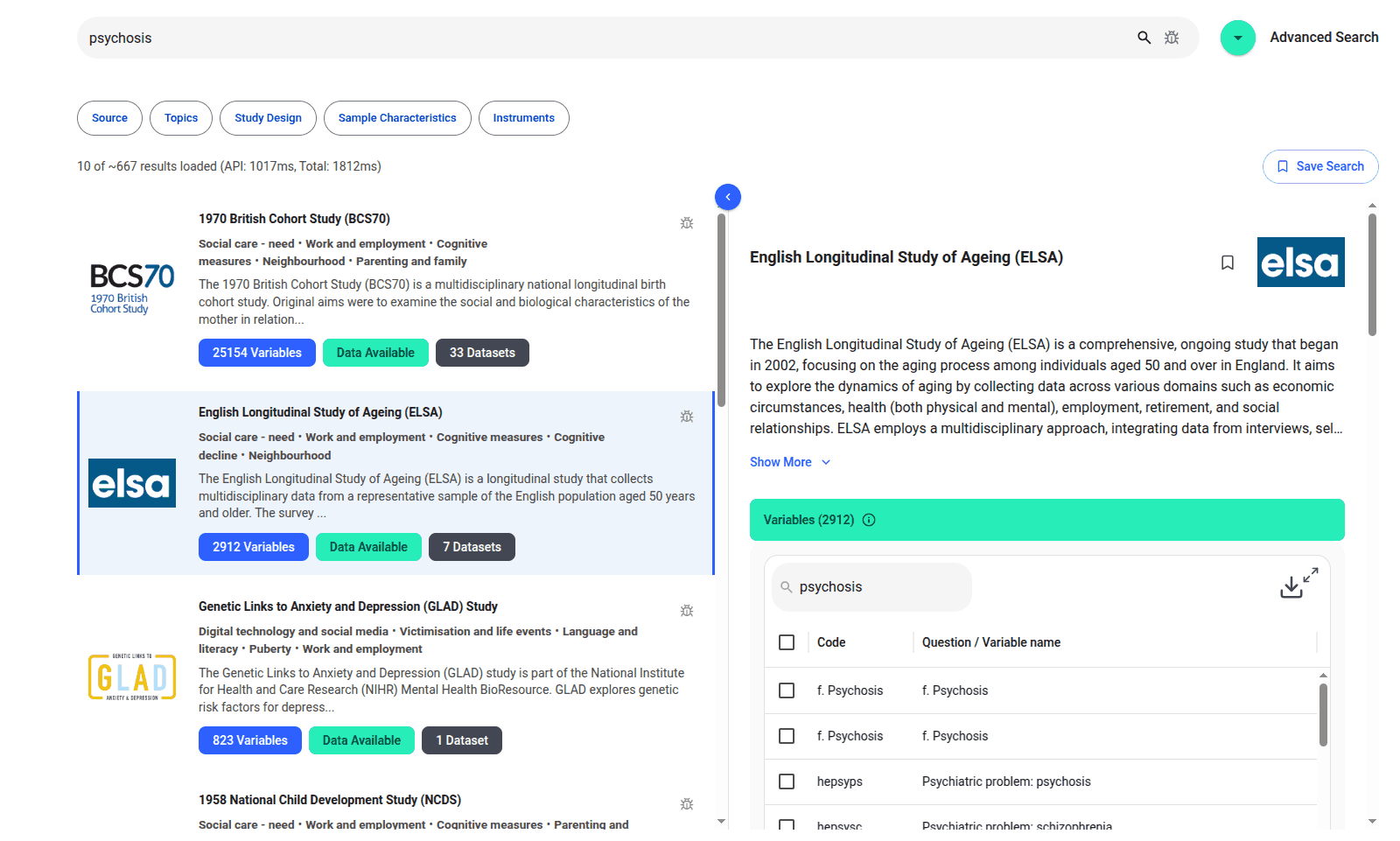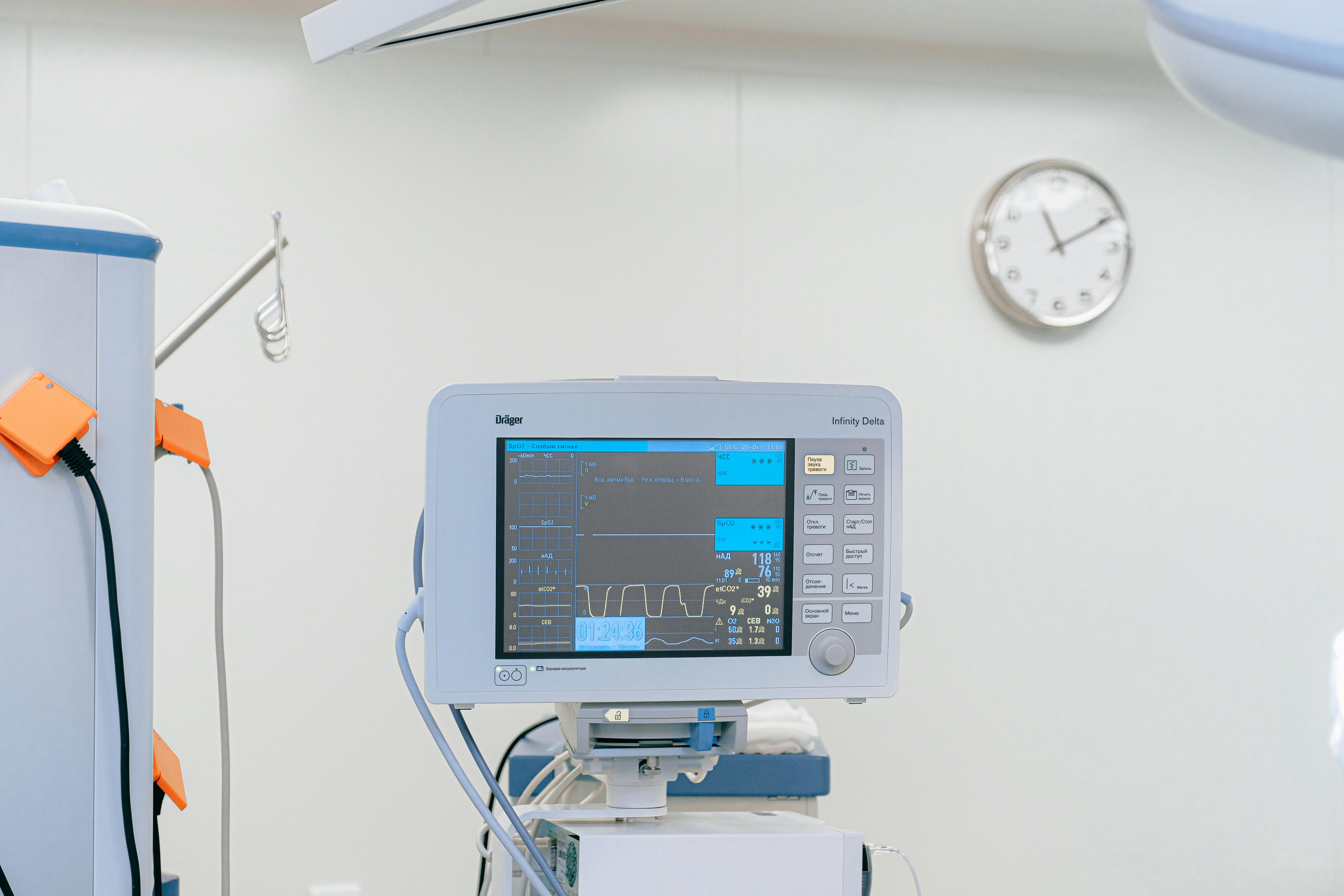
In recent years, there has been a lot of news about Natural Language Processing (NLP) and its applications for healthcare. NLP is the field of computer science and AI focusing on getting computers to understand how we speak and write. NLP is changing healthcare for a number of reasons. For example, in many healthcare systems there is an overwhelming amount of patient information and notes that need quick sorting. NLP in healthcare helps improve patient care and makes healthcare work better.
The NLP market in healthcare is expected to grow from USD 2.7 billion in 2023 to USD 11.8 billion by 2028. This shows how much people trust NLP to change healthcare for the better. And for good reasons…
Industry experts are saying that NLP will “revolutionise healthcare and life sciences, simplify data analysis, and ultimately transform healthcare and services for improved outcomes”.
It’s also interesting to imagine a world where computers can instantly understand all medical records. How would that change patient care?
Today, we’ll talk about how NLP is making a difference in healthcare. We’ll look at 8 NLP strategies and 8 real-world examples that show its power – and might give you an idea of how NLP could be useful to you or your colleagues.
Imagine Natural Language Processing (NLP) as a bridge which connects information in human friendly forms to machine readable data. With NLP, we can sift through large amounts of unstructured data. Electronic health records (EHRs) often use codes (the UK’s National Health Service formerly used Read codes and later moved to SNOMED codes, other systems may use ICD-11, OMOP, or MeSH), but coded data constitutes only the tip of the iceberg and it is swamped by unstructured free text data.
With NLP, we can convert text data to coded data, analyse unstructured text directly, or even analyse recorded audio. With NLP, computers can make sense of our language in ways that are both clever and practical.
Several NLP techniques are particularly beneficial in healthcare settings. We’ll introduce you to the seven NLP strategies that are making the biggest difference in healthcare right now:
Healthcare NLP experts
These NLP techniques help healthcare professionals move through information overload. The result? Better patient care, sharper research, and an all-around smoother operation.
NLP significantly improves the healthcare industry in numerous ways. Let’s take a look at the three primary use cases where NLP has made impactful contributions: simplifying healthcare records, matching patients with trials, and helping doctors make better decisions.
What’s the backbone of healthcare? Clinical documentation. Records that track patient history, diagnoses, treatment plans, and outcomes are the foundation of good patient care and healthcare operations. NLP transforms this realm by effortlessly turning spoken or handwritten notes into structured, digital formats. The result? Time-saving, improved accuracy, and better accessibility.
This approach has also been used in research. For example, in 2018, Fernandes et al applied NLP to electronic health records to conduct an analysis of suicidal ideation - so where terms like ‘suicid* ideat*’ occurred in the free text of an EHR, this could be linked to other data about a patient to conduct a causality analysis.
The hunt for the right clinical trial candidates can be like finding a needle in a haystack. Enter NLP. It automates the painstaking process of sifting through endless patient data to find matches for specific trial criteria. This not only hastens the selection process but also brings new treatment opportunities to patients’ doorsteps.
NLP helps doctors by giving them the important information they need from different places like medical books, electronic health records (EHRs), and notes about patients. This large amount of information helps doctors make good choices about what issue a patient is facing and how to treat them. NLP looks through masses of data to find helpful tips and patterns that aren’t easy to see at first. This can simplify complex health issues and help healthcare professionals find the best treatments.
Natural Language Processing doesn’t just excel in “general” help. It also fits into specialized roles that boost patient care, data handling, and operational smoothness. Let’s walk through eight NLP applications in healthcare that are changing the game:
This tool scans text to find important medical terms, such as diseases, treatments, and medications. It’s very useful for pulling out important information from large amounts of data. It can help with research and keep healthcare providers updated on patient care and treatment options.
This tool helps match clinical notes with medical codes, like ICD-10 codes. It works like a translator that makes sure billing is accurate, reports are precise, and health records can be easily shared across different systems.
This goes a step further to find relationships between medical terms in texts, such as how a drug affects a disease or the link between symptoms and diseases. It provides valuable information for clinical decision-making and gives healthcare providers a fuller picture to base their decisions on.
This NLP tool reviews clinical notes to determine if a condition or symptom is present, absent, or possible. It acts like a magnifying glass over patient records and provides clear insights for accurate diagnoses and treatment plans.
This analyses patient feedback and notes to understand how patients feel about their treatments and healthcare services. It helps healthcare providers understand patient satisfaction and concerns. It also allows them to improve the patient experience by addressing individual emotional and psychological needs.
Because patient data is sensitive, this tool removes personal information from clinical documents to comply with privacy laws like HIPAA. It guarantees patient confidentiality while allowing data to be used for research and analysis.
This uses NLP to turn medical terms into easy-to-understand instructions for patients. It automates the creation of clear guidelines for medications, post-treatment care, and lifestyle changes. It helps make sure that patients understand their treatment plans and can follow them correctly.
This application focuses on the administrative side by scanning financial and contractual documents. It identifies and organizes key information like service codes, payment terms, and involved parties. It helps streamline billing and contract management and makes healthcare operations more efficient.
NLP is bringing fresh perspectives to patient care and the seamless operation of healthcare services. With its ability to decode and make sense of human language, NLP opens doors to sharper diagnoses, tailored treatment plans, and a better grasp of what patients truly need.
For anyone who is working in healthcare, incorporating NLP means turning a sea of unstructured data — from clinical observations to patient feedback — into valuable insights quickly and efficiently. This not only boosts patient care by giving health professionals a fuller picture but also simplifies healthcare operations in general. Imagine tools that automate all the mundane tasks (from data entry and managing patient records) as well as lend a hand in difficult clinical decisions.
At Fast Data Science, this is our strength. We tailor NLP solutions to meet the unique needs of healthcare providers and professionals like you.
If you’re interested in learning more, our article on The Brave New World of AI in Pharmaceuticals gives a good picture of our journey through the exciting possibilities of AI and NLP in reshaping pharmaceutical research and healthcare offerings.
Our dedicated team at Fast Data Science, led by Thomas Wood, brings a wealth of experience and a proven track record in using NLP in healthcare to address the specific challenges faced by the industry. Here’s what we do:
The arrival of NLP brings a big change to healthcare – a change that’s needed to keep up with how healthcare delivery and research are evolving. NLP helps us handle large amounts of data efficiently, improves patient care and makes healthcare operations better.
Here at Fast Data Science, we’re leading this shift by creating NLP solutions that fit well with what healthcare providers already use. Our goal is to make healthcare operations smoother and take patient care to a higher level.
With NLP, we’re focused on a bigger goal: we’re reminded that “healthcare is not just about adding years to life but about adding life to years.” This philosophy is at the heart of our mission, where using NLP goes beyond technical achievements to truly better the lives of patients and make things easier for healthcare professionals.
Our experience spans across various domains, including pharmaceuticals and academic research. We’re confident that we can help you too!
Curious about how our NLP services can transform your healthcare operations and patient care strategies? We’re all ears and ready to discuss how we can tailor our services to fit your needs.
Reach out to us or call us at +44 20 3488 5740 to begin tapping into the immense capabilities of NLP in healthcare.
Looking for experts in Natural Language Processing? Post your job openings with us and find your ideal candidate today!
Post a Job
We are excited to introduce the new Harmony Meta platform, which we have developed over the past year. Harmony Meta connects many of the existing study catalogues and registers.

Guest post by Jay Dugad Artificial intelligence has become one of the most talked-about forces shaping modern healthcare. Machines detecting disease, systems predicting patient deterioration, and algorithms recommending personalised treatments all once sounded like science fiction but now sit inside hospitals, research labs, and GP practices across the world.

If you are developing an application that needs to interpret free-text medical notes, you might be interested in getting the best possible performance by using OpenAI, Gemini, Claude, or another large language model. But to do that, you would need to send sensitive data, such as personal healthcare data, into the third party LLM. Is this allowed?
What we can do for you